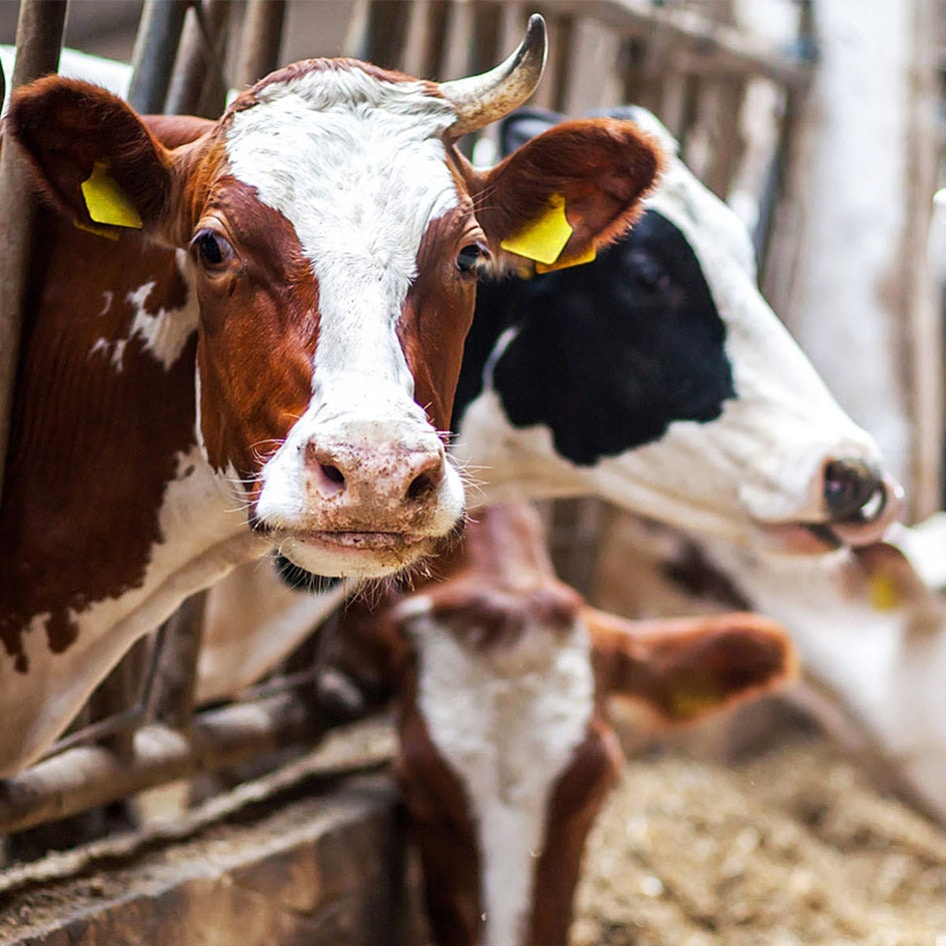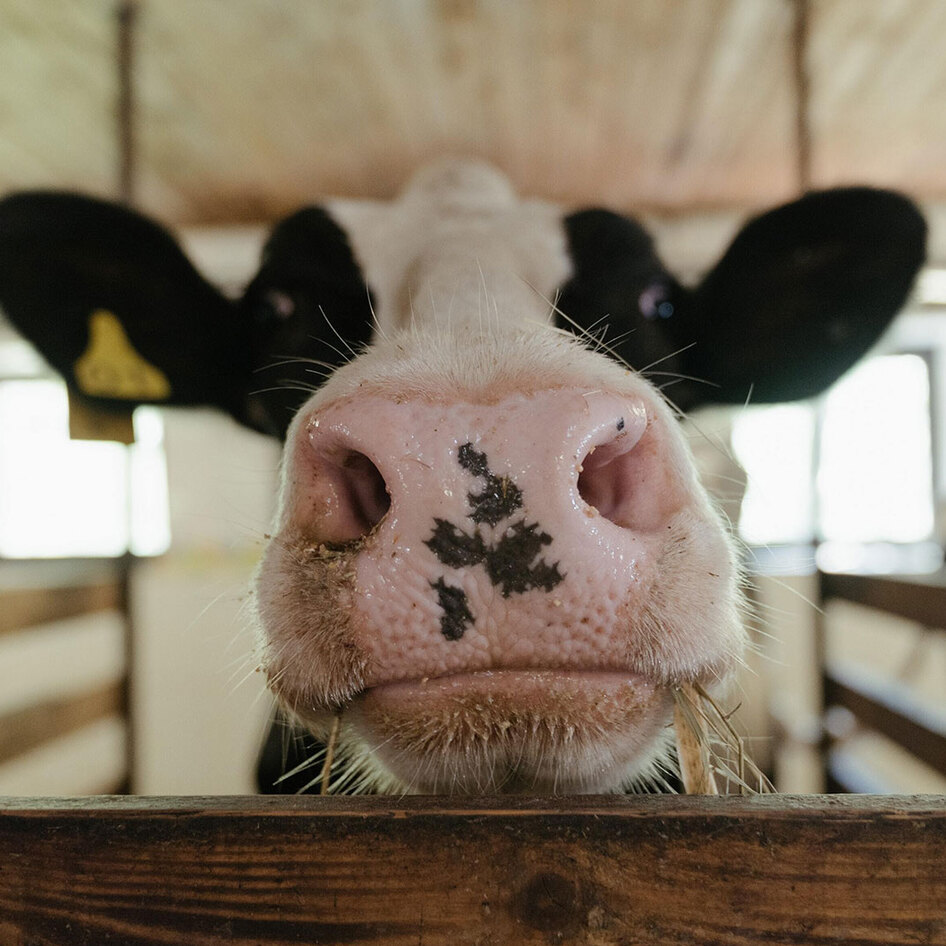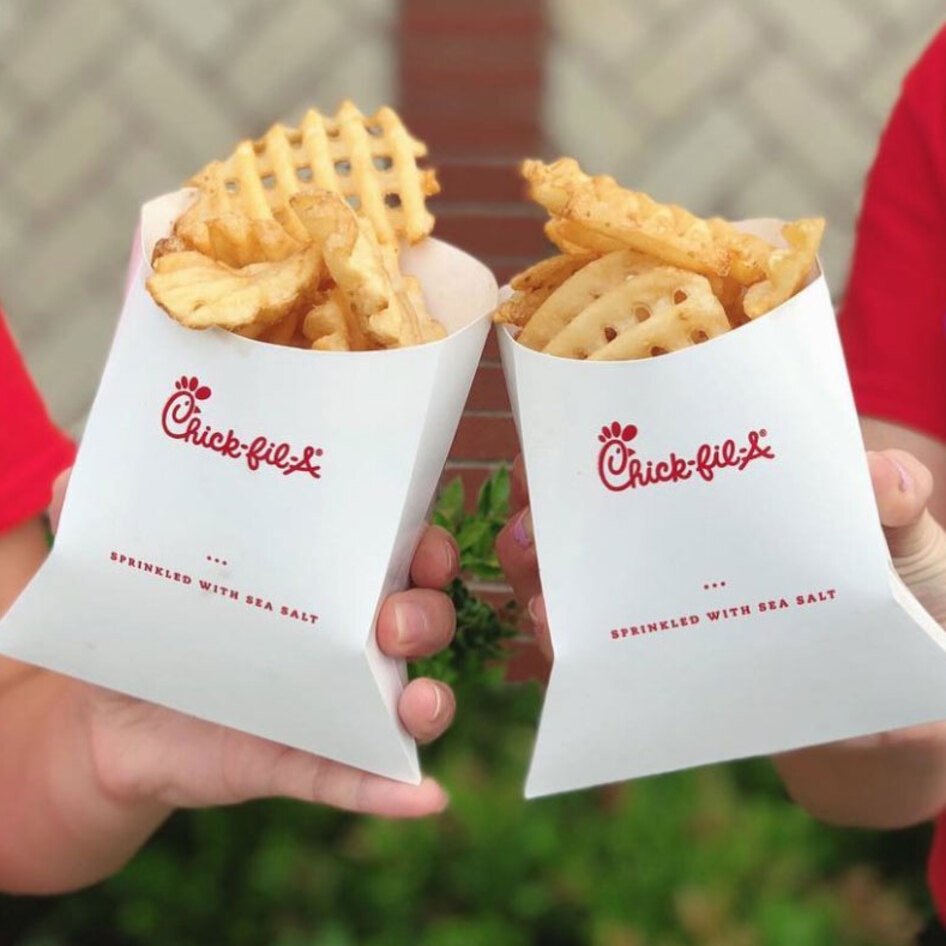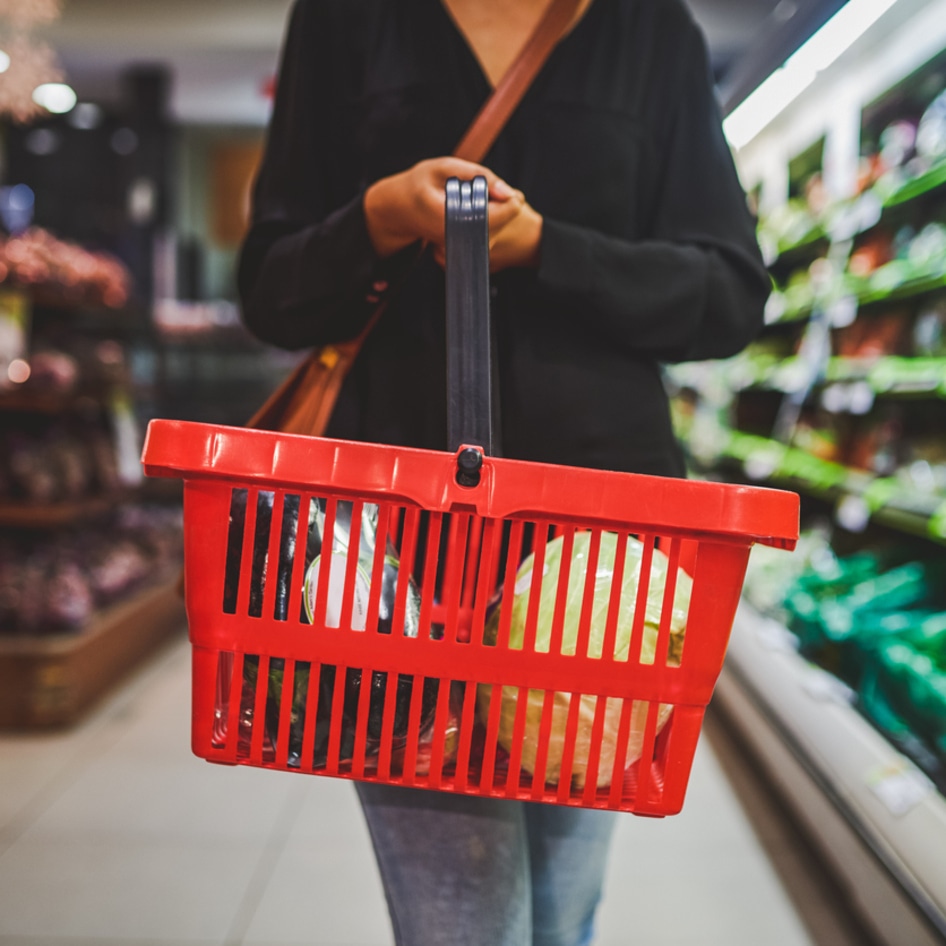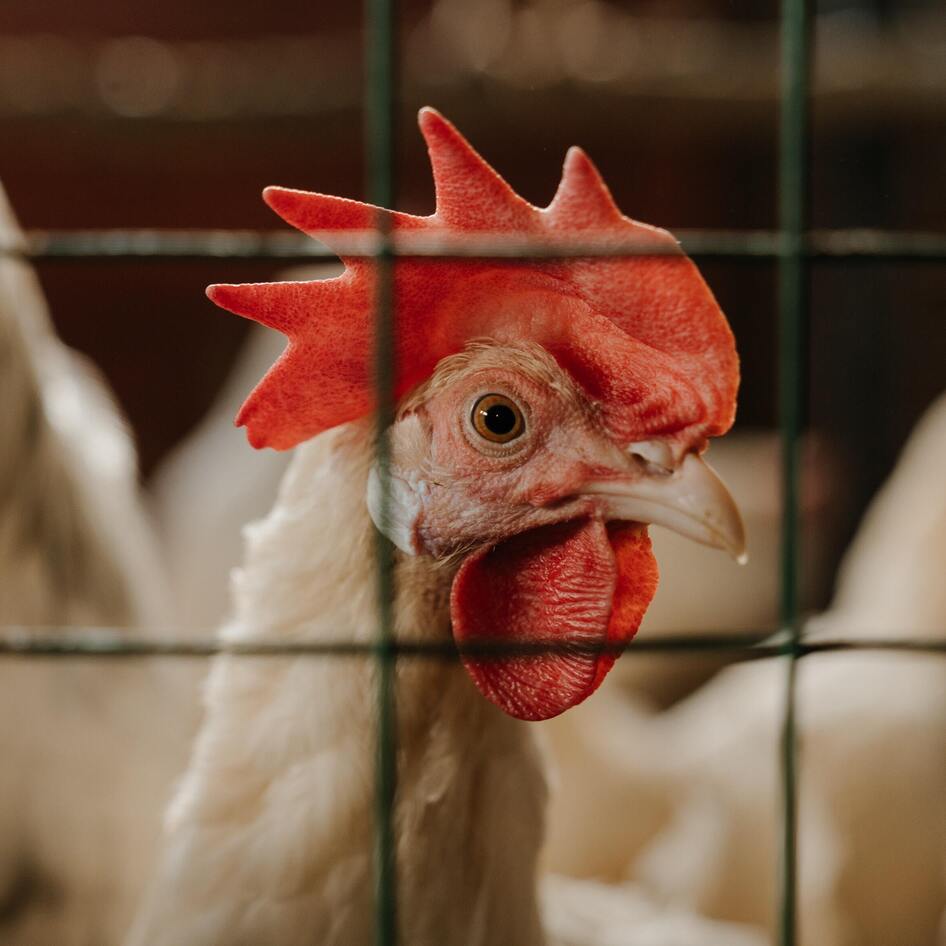In 2019, one Danish teacher who lives next to an industrial pig farm in Tingerup, Denmark, told Greenpeace: “The smell is so awful that it makes me feel sick. My head aches and my eyes are red and swollen. The factory farms surrounding our town have ruined my life.”
Denmark is a hub for pig farming, producing around 31 million pigs every year. But this entire country doesn’t come close to the pig processing power of Iowa, which, in 2018, marketed around 48 million pigs.
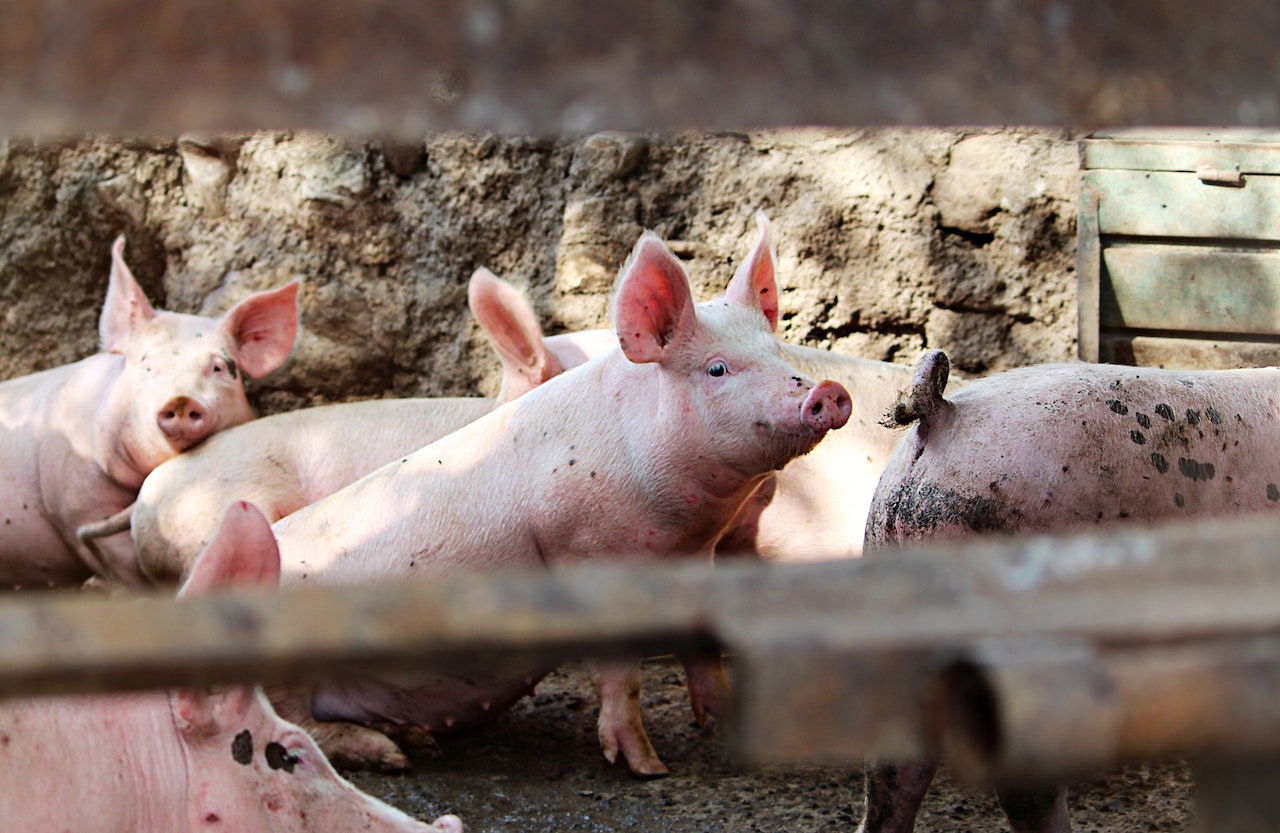 Pexels
Pexels
In this Midwestern state, communities are suffering, too. In fact, one public health researcher, Elise Pohl, warned a group of Iowa farmers that livestock production is not only hurting nearby towns and villages but also themselves. She explained that there is research to suggest that people working in large-scale industrial agricultural facilities called concentrated animal feeding operations (CAFOs) are at risk of developing everything from headaches and nausea to respiratory diseases and bacterial infections, including MRSA.
And it gets worse. Those who live close to factory farms also have higher risks of certain cancers, research suggests, as well as neonatal mortality and tuberculosis. Big Meat isn’t just exploiting billions of animals and the planet, but people, too. Here’s what you need to know about the hidden health risks of factory farming, and why things just keep getting worse for the environment.
The health risks of factory farming
The health risks described above are linked to air pollution from waste, according to Pohl. And it’s not just manure, but also blood, chemicals, pesticides, urine, antibiotics, and ammonia, reports the non-profit news platform Iowa Capital Dispatch.
“In such enormous quantities, waste has significant emissions,” Pohl explained to the farmers. “Not only in the facility and on-site of the CAFO, but also as all of you know, entering nearby communities and permeating neighborhoods, homes, schools, hospitals, churches, indoor and outdoor recreation areas, and into the atmosphere.”
To come up with her findings, Pohl studied farms across Washington, Wisconsin, Nebraska, Missouri, Illinois, and North Carolina. The latter has seen several lawsuits regarding the high number of pig farms in the area and the associated health risks. But it’s important to note that this problem is worldwide.
Greenpeace didn’t just report on Denmark in 2019, but also the community impact of factory farms in Italy, Spain, and France. The environmental nonprofit spoke to one French villager who survived a rare form of eye cancer. “My doctors couldn’t identify the cause of my tumor,” said the villager, who wanted to remain anonymous. “But they mentioned it could be caused possibly by the factory farm.”
The health risks of CAFOs and factory farms aren’t just limited to workers and nearby communities. In April 2023, one study by World Animal Protection (WAP) linked factory farming to one million human deaths, which, it notes, is due to the overuse of antibiotics in the industry.
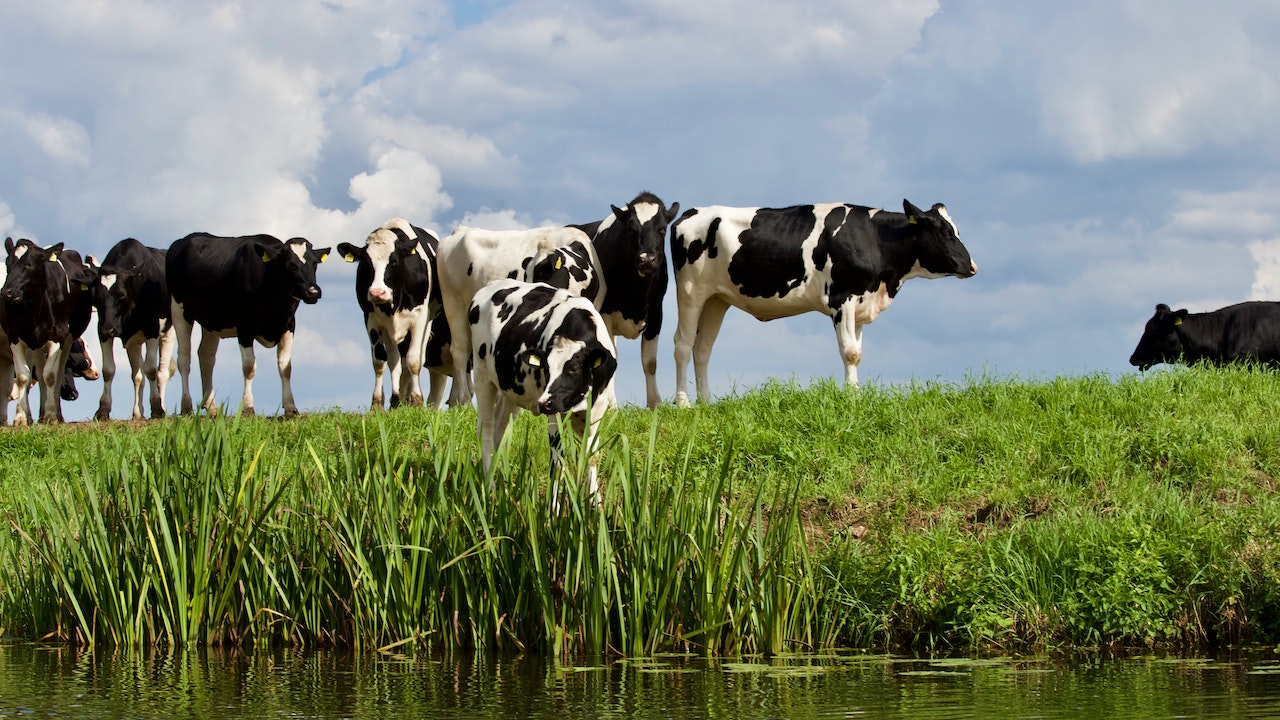 Pexels
Pexels
BECOME A VEGNEWS VIP: Get exclusive product deals, freebies, and perks galore!
“Meat and dairy production in the US accounts for around 11 million kilograms of antibiotics sold each year, which has increased in recent years,” said WAP’s farming campaign manager Annette Manusevich. “Urgent action is needed to regulate the use of antibiotics in the agriculture industry and reduce meat in diets in high-meat consuming countries to build a more sustainable food system and stop the next global health crisis.”
Some experts have also warned that factory farming may produce the next pandemic. In 2021, South African scientists warned that the expansion of intensive animal agriculture is responsible for cultivating the “perfect breeding ground” for viruses.
“The bird-flu virus, influenza H5NQ, has a mortality rate of around 60 to 65 percent, but it has not yet developed human-to-human transmission,” Professor Robert Bragg of the University of the Free State told Food Navigator. “If this virus does develop human-to-human transmission, we could be in for a really serious pandemic.”
Research on the environmental impact of factory farming
Warnings on factory farming health risks aren’t alone. Information regarding the environmental impact of the industry is also consistently being released.
In December 2022, UK government figures revealed that livestock farms in England polluted rivers 300 times in 2021. And it’s not just meat, the reports also noted that the dairy industry is linked to half of all farm pollution.
“The first thing was the smell—it was appalling. As I approached the river, I could see that it was black. The next morning I went out with my camera and took some videos of the dead fish,” Sue Everett, a resident who lives near the River Frome in Somerset, told the BBC.
But it’s not just the factory farms themselves that cause environmental problems. All of the animals on these farms need feeding, and the production of this feed is also associated with major issues. In fact, one study, released in June 2023, revealed that the expansion of large-scale agriculture in South America is leading to widespread flooding. Much of this is associated with the production of maize and soybeans, two crops predominantly used for animal feed.
“The replacement of native vegetation and pastures with rain-fed croplands in South America’s major grain-producing area has resulted in a significant increase in the number of floods, and the area they affect,” researcher Javier Houspanossian, of the National University of San Luis, in Argentina, said in a statement.
“Fine-resolution remote sensing imagery captured the appearance of new flooded areas, expanding at a rate of approximately 700 square kilometers per year in the central plains, a phenomenon unseen elsewhere on the continent,” he added.
Multiple nonprofits are demanding an end to factory farming, including WAP, Greenpeace, and many more. In May 2023, conservationist and scientist Jane Goodall teamed up with the Extinction or Regeneration Conference in London to condemn factory farming and call for a change in the food system. She was supported by the global chief executive of Compassion in World Farming, Philip Lymbery.
“Unless we wake up and act now to reduce this calamitous overconsumption, it will simply be too late,” Lymbery told the conference. “Responsibility lies with these richer nations to take immediate action through national policies to help combat their impact in driving the climate, health, and nature emergencies.”
For more on farming, read:
JUMP TO ... Latest News | Recipes | Guides | Health | Shop

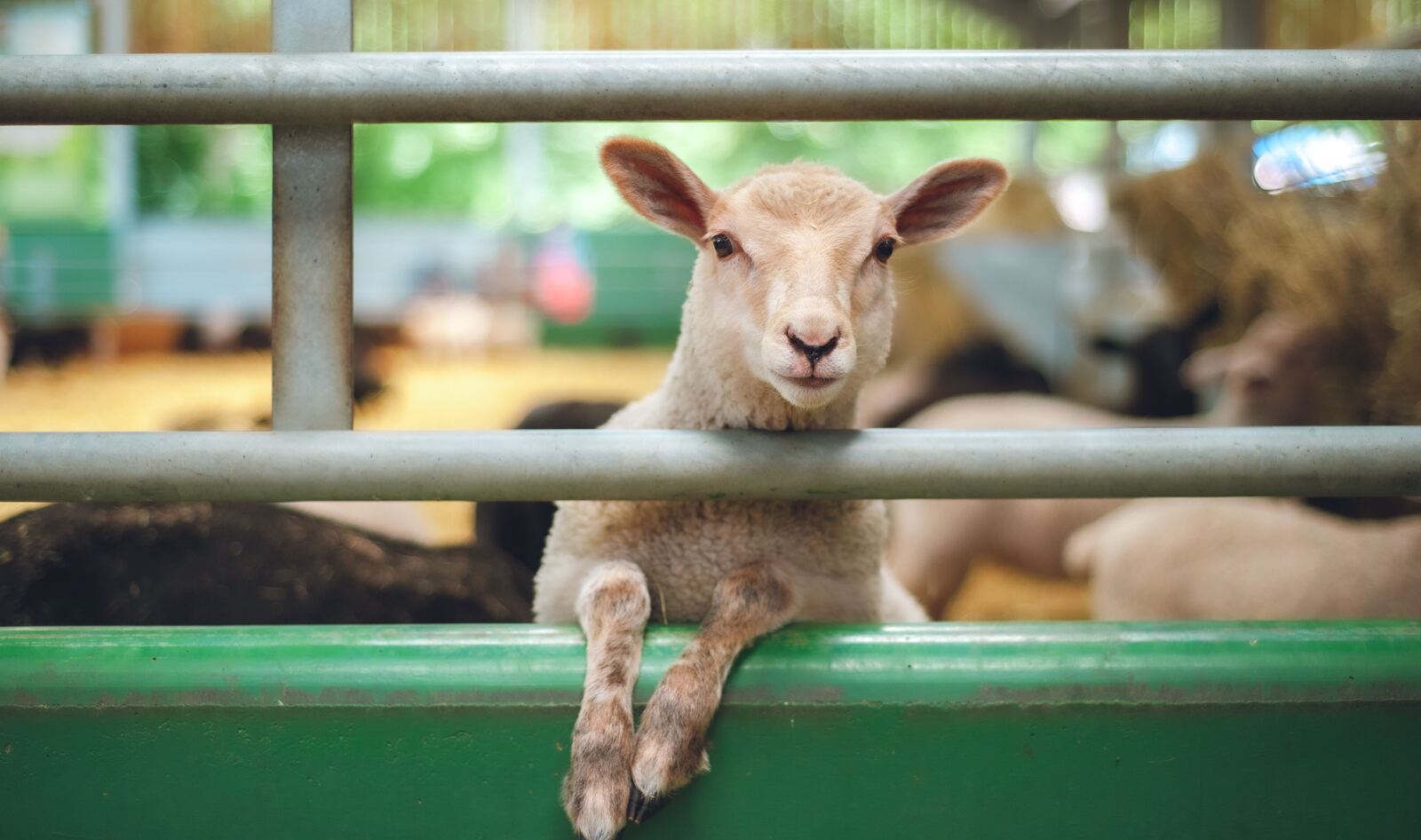

.jpg?sha=1635cef6b098242b)
